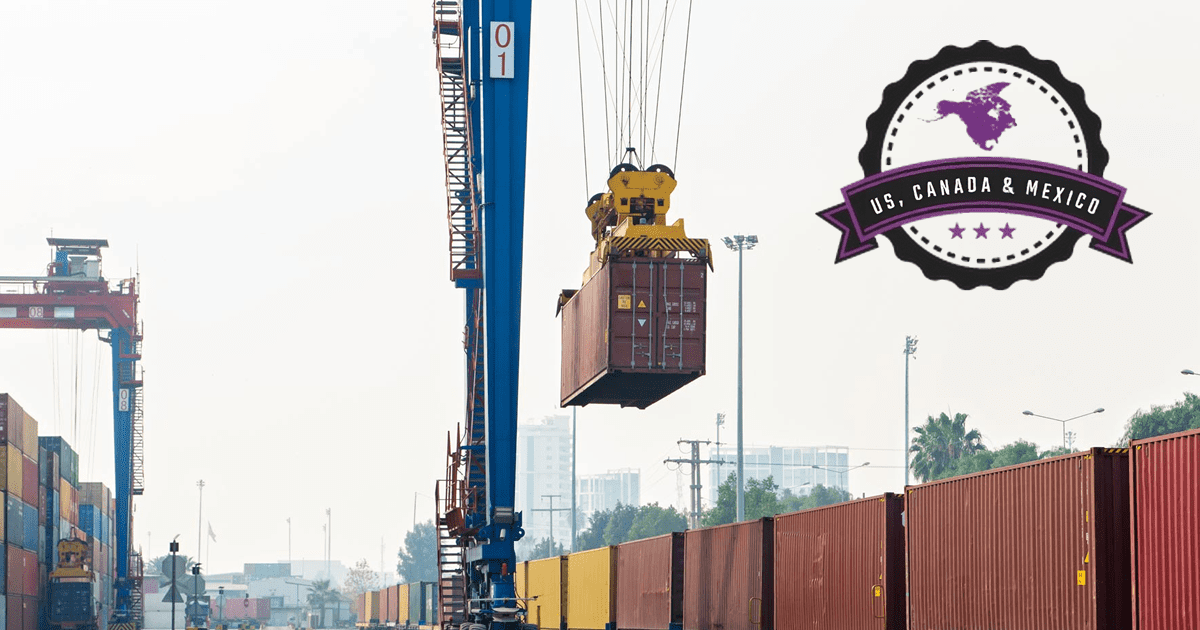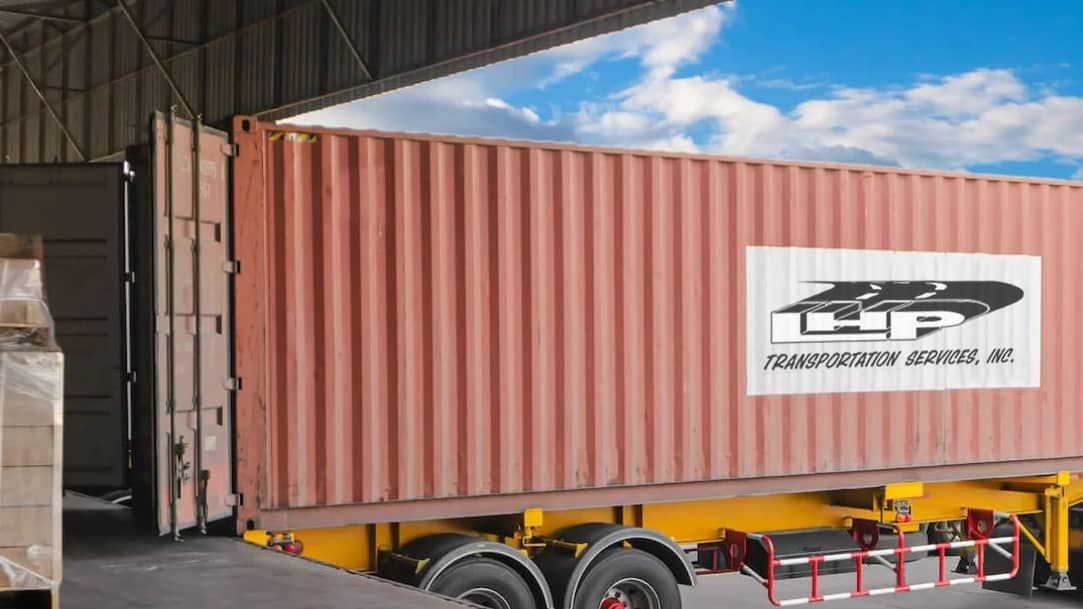Streamlining Supply Chain Management: Unlocking Efficiency with LTL Shipping
Introduction
Efficient supply chain management is crucial in today’s competitive business landscape. The ability to streamline operations and reduce costs while maintaining timely and reliable delivery can provide a significant advantage. One way to enhance operational efficiency and cost-effectiveness is by incorporating Less Than Truckload (LTL) shipping into supply chain management. LTL shipping allows multiple smaller shipments to be consolidated into a single truck, reducing costs and maximizing capacity utilization.
Benefits of LTL Freight Services
LTL freight services offer several benefits for supply chain operations. Firstly, by sharing truck space and utilizing efficient logistics systems, LTL freight services provide cost savings and improved resource management. Businesses can benefit from reduced transportation costs and increased efficiency in handling smaller loads.
Additionally, LTL freight services offer flexibility and scalability. Businesses can ship smaller loads as frequently as needed, allowing for more precise inventory management and order fulfillment. This flexibility ensures that businesses can meet customer demands while optimizing their supply chain operations.
Moreover, LTL freight services excel in providing reliable and timely delivery. Through efficient route planning and advanced tracking technologies, shippers can have better visibility and control over their shipments. This helps ensure that products reach their destination on time, enhancing customer satisfaction and loyalty.
Furthermore, LTL freight services contribute to optimized warehouse operations. By consolidating shipments and reducing storage space, businesses can minimize inventory holding costs and maximize the utilization of warehouse space. This leads to improved efficiency and cost-effectiveness in managing inventory.
Lastly, LTL freight services align with a customer-centric approach in supply chain management. By offering cost-effective shipping options, efficient order fulfillment, and accurate tracking capabilities, businesses can provide a seamless and satisfactory experience to their customers. This customer-centric approach strengthens relationships and fosters long-term partnerships.
Benefits of LTL Freight Services
LTL freight services offer several benefits for supply chain operations. Firstly, by sharing truck space and utilizing efficient logistics systems, LTL freight services provide cost savings and improved resource management. Businesses can benefit from reduced transportation costs and increased efficiency in handling smaller loads.
Additionally, LTL freight services offer flexibility and scalability. Businesses can ship smaller loads as frequently as needed, allowing for more precise inventory management and order fulfillment. This flexibility ensures that businesses can meet customer demands while optimizing their supply chain operations.
Moreover, LTL freight services excel in providing reliable and timely delivery. Through efficient route planning and advanced tracking technologies, shippers can have better visibility and control over their shipments. This helps ensure that products reach their destination on time, enhancing customer satisfaction and loyalty.
Furthermore, LTL freight services contribute to optimized warehouse operations. By consolidating shipments and reducing storage space, businesses can minimize inventory holding costs and maximize the utilization of warehouse space. This leads to improved efficiency and cost-effectiveness in managing inventory.
Lastly, LTL freight services align with a customer-centric approach in supply chain management. By offering cost-effective shipping options, efficient order fulfillment, and accurate tracking capabilities, businesses can provide a seamless and satisfactory experience to their customers. This customer-centric approach strengthens relationships and fosters long-term partnerships.
Time-Saving Tips for Shippers Using LTL Shipping
Shippers can implement various strategies to save time and improve efficiency when using LTL shipping services. One effective approach is to get creative with freight modes. Shippers can combine smaller shipments into larger loads or break down Full Truckload (FTL) shipments into smaller, more frequent LTL loads. This optimization of freight modes helps maximize capacity utilization and minimize costs.
Being organized and prepared is another time-saving tip for shippers. Staying on top of delivery schedules, organizing shipments before the LTL driver arrives, and ensuring that all necessary documentation is ready can help streamline the shipping process. By minimizing delays and avoiding last-minute complications, shippers can save valuable time.
Leveraging technology is also crucial in saving time and improving efficiency. Online booking platforms and Transportation Management Systems (TMS) automate shipping processes, provide real-time visibility into day-to-day operations, and simplify communication with carriers. These technological solutions streamline the shipping process and eliminate manual tasks.
Investing in warehouse tools such as forklift scales and dimensionalizers can speed up the shipping process. Accurately measuring and classifying freight using these tools helps ensure efficient and seamless loading and unloading operations.
Collaborating with a third-party logistics provider (3PL) like Koho can significantly save time and streamline operations. 3PLs offer access to technology and expertise, allowing shippers to book, track, and communicate with carriers in one platform. This centralized approach simplifies logistics management and ensures the best rates for shipments.
Streamlining Logistics and Supply Chain Operations
Streamlining logistics and supply chain operations requires a systematic approach. Analyzing each process in the operation helps identify bottlenecks and issues that hinder efficiency. By pinpointing areas of improvement, businesses can implement targeted solutions to streamline operations.
Automation plays a crucial role in streamlining logistics processes. By automating repetitive and time-consuming tasks, businesses can speed up processes, reduce errors, and free up time for the team to focus on more strategic activities. Automation can be applied to various aspects of logistics, including order processing, inventory management, and transportation planning.
Improving communication with suppliers and customers is another essential factor in streamlining operations. Effective communication prevents breakdowns in the supply chain and ensures smooth information flow. Utilizing modern communication tools and establishing clear communication channels can help prevent delays and resolve issues promptly.
Choosing reliable cargo partners is vital for efficient supply chain management. Collaborating with carriers and freight forwarders who have a track record of reliability and timeliness can significantly streamline operations. Reliable cargo partners ensure that products are transported smoothly and reach their destination on time.
Tracking performance and monitoring progress through data analytics is key to streamlining operations. Analyzing data allows businesses to identify trends, make data-driven decisions, and fine-tune operations for optimal efficiency. By regularly monitoring key performance indicators, businesses can continuously improve their supply chain processes.
Strategies for Optimizing the Supply Chain
Optimizing the supply chain requires a strategic approach. Analyzing and evaluating the current supply chain process is the first step towards improvement. By identifying areas for optimization, businesses can implement targeted strategies to streamline operations and reduce costs.
Improving communication internally and externally is crucial for collaboration and smooth information flow. Strengthening communication channels between different departments and stakeholders helps prevent misunderstandings, delays, and breakdowns in the supply chain. Effective communication enhances coordination and ensures that everyone is aligned towards common goals.
Choosing sourcing partners based on factors such as quality, pricing, and lead times can greatly optimize the supply chain. Reliable and cost-effective inputs are essential for efficient operations. By partnering with suppliers who meet these criteria, businesses can ensure a smooth and streamlined supply chain.
Taking advantage of economies of scale by partnering with a third-party logistics provider (3PL) can lead to optimized shipping and reduced costs. 3PLs have the expertise and resources to handle logistics operations efficiently. By leveraging their network and capabilities, businesses can benefit from cost savings and streamlined logistics management.
Utilizing technology, such as Warehouse Management Systems (WMS), provides increased visibility and streamlines operations. WMS allows businesses to track inventory, manage orders, and optimize warehouse space. By leveraging technology, businesses can enhance efficiency and reduce manual errors.
Partnering with a reliable 3PL for supply chain optimization is another effective strategy. 3PLs offer tailored solutions, expertise, and access to technology, allowing businesses to optimize their logistics management. By collaborating with a trusted partner, businesses can focus on their core competencies while leaving the logistics aspect in capable hands.
Conclusion
In conclusion, incorporating LTL shipping into supply chain management can enhance operational efficiency and cost-effectiveness. LTL freight services offer benefits such as cost savings, scalability, reliable delivery, and optimized warehouse operations. By implementing time-saving tips, streamlining logistics and supply chain operations, and adopting strategies for supply chain optimization, businesses can achieve streamlined operations and improve their competitiveness in the market. Embracing LTL shipping as a strategic approach can help businesses optimize their supply chain and drive overall success.







